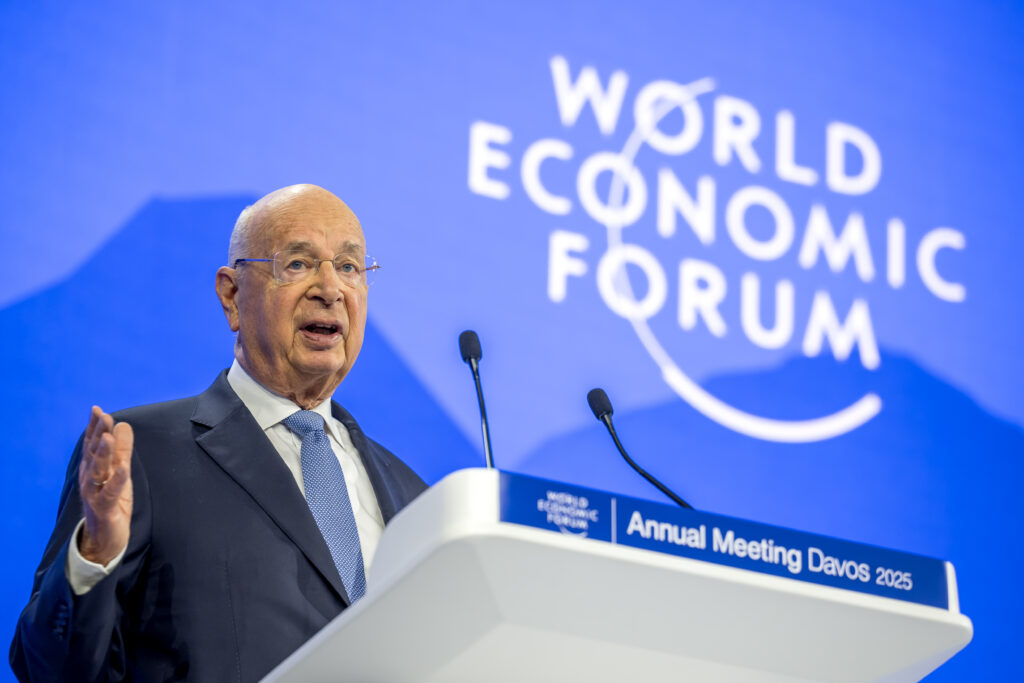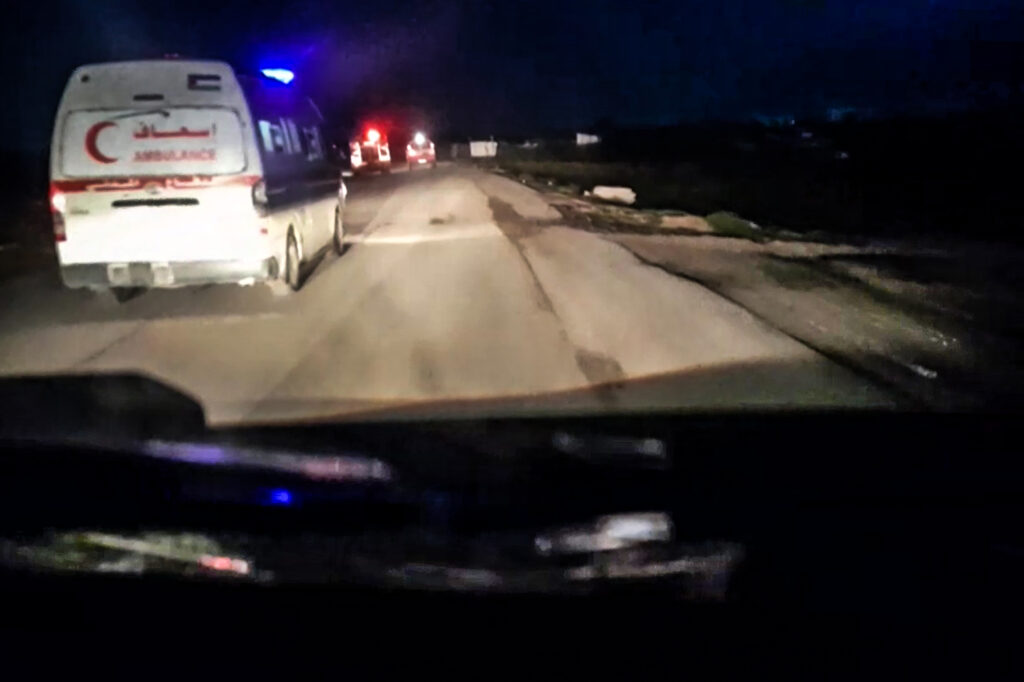Gaza’s civil defence agency on Monday accused the Israeli military of carrying out “summary executions” in the killing of 15 rescue workers last month, rejecting the findings of an internal probe by the army.The medics and other rescue workers were killed when responding to distress calls near Gaza’s southern city of Rafah early on March 23, days into Israel’s renewed offensive in the Hamas-run territory.Among those killed were eight Red Crescent staff members, six from the Gaza civil defence rescue agency and one employee of UNRWA, the UN agency for Palestinian refugees, according to the UN humanitarian agency OCHA and Palestinian rescuers.”The video filmed by one of the paramedics proves that the Israeli occupation’s narrative is false and demonstrates that it carried out summary executions,” Mohammed Al-Mughair, a civil defence official, told AFP, accusing Israel of seeking to “circumvent” its obligations under international law.Following the shooting, the Red Crescent released a video recovered from the phone of one of the victims. It does not show executions, but it does directly contradict the version of events initially put forward by the Israeli military.In particular, the video shows clearly that the ambulances were travelling with sirens, flashing lights and headlights on. The military had claimed the ambulances were travelling “suspiciously” and without lights.- Operational failures -The incident drew international condemnation, including concern about possible war crimes from UN human rights commissioner Volker Turk.An Israeli military investigation into the incident released on Sunday “found no evidence to support claims of execution” or “indiscriminate fire” by its troops, but admitted to operational failures and said it was firing a field commander.It said six of those killed were militants, revising an earlier claim that nine of the men were fighters. The dead, who were buried in sand by Israeli forces, were only recovered several days after the attack from what the UN human rights agency OCHA described as a “mass grave”.The Palestine Red Crescent Society denounced the report as “full of lies”.”It is invalid and unacceptable, as it justifies the killing and shifts responsibility to a personal error in the field command when the truth is quite different,” Nebal Farsakh, spokesperson for the Red Crescent, told AFP.The Israeli investigation said there were three shooting incidents in the area on that day.In the first, soldiers shot at what they believed to be a Hamas vehicle.In the second, around an hour later, troops fired “on suspects emerging from a fire truck and ambulances”, the military said.The probe determined that the fire in the first two incidents resulted from an “operational misunderstanding by the troops”.In the third incident, the troops fired at a UN vehicle “due to operational errors in breach of regulations”, the military said.



